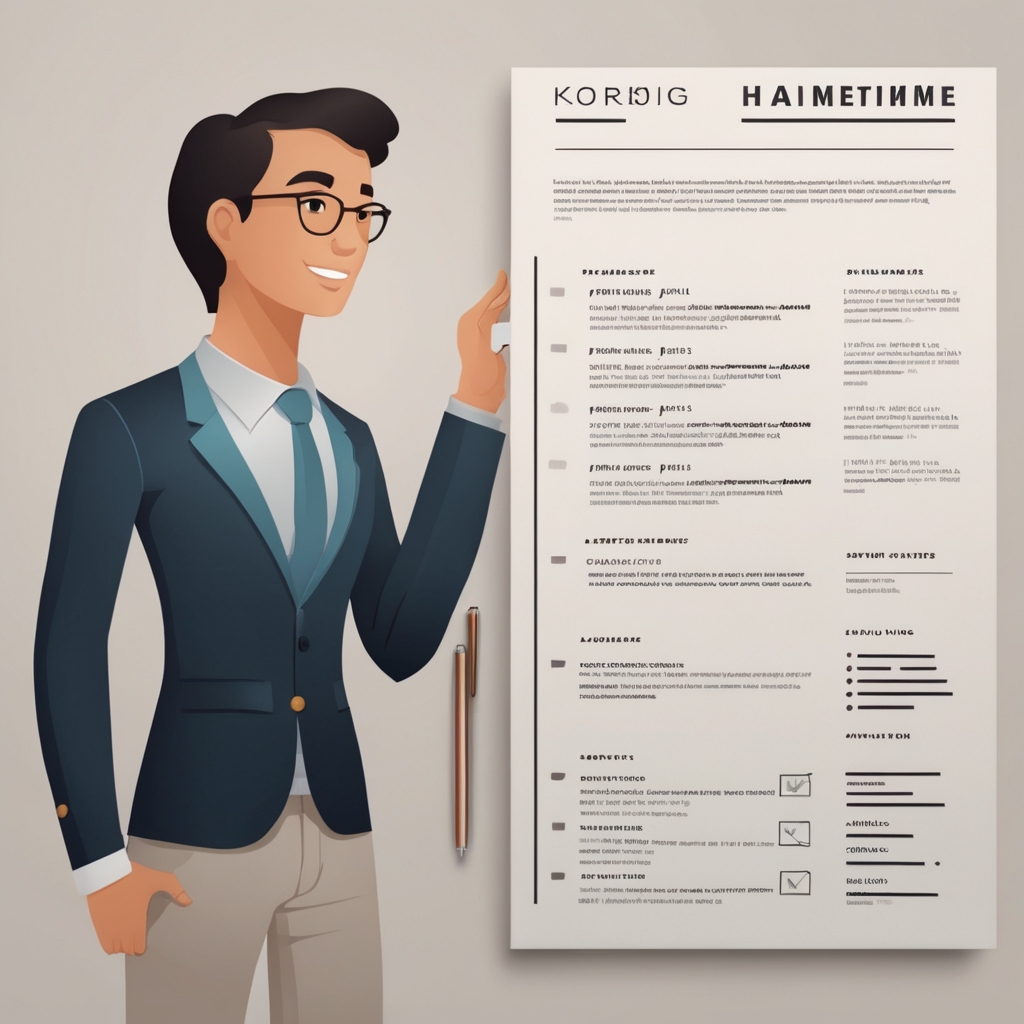Imagine if you could read the mind of a hiring manager, what would you like to find out? Would you like what they need to hear to decide that you are the person for the job? Unfortunately, you can’t read minds. After an interview, you can only hope and pray that the recruiter moves you on to the next stage or thinks you’re a good pick.
Hiring managers and recruiters operate behind the scenes, making decisions based on factors most job seekers aren’t even aware of. The truth is, some of the biggest hiring decisions don’t just come down to experience or qualifications, they’re influenced by hidden hiring practices that rarely get talked about.
But here’s the good news: once you understand these secrets, you can use them to your advantage. In this article, we’re pulling back the curtain on 10 things hiring managers won’t tell you, but you absolutely need to know.
1. Most Jobs Are Filled Before They’re Ever Posted
You know those job postings you see on LinkedIn or job boards? Many of them are just a formality. In reality, companies often have an internal candidate in mind before the job is even posted. Sometimes, they’re legally required to list the job publicly, even if they already know who they’re going to hire.
How to Use This to Your Advantage
- Network proactively. Don’t wait for job postings. Build relationships with people in your industry.
- Stay active on LinkedIn and engage with hiring managers before jobs even become available.
- Join professional groups and attend events where decision-makers hang out.
2. Your Resume Gets Less Than 10 Seconds of Attention
Hiring managers don’t read resumes line by line, they skim. In fact, research shows they spend 6-10 seconds deciding whether to keep or discard an application. If your resume doesn’t grab their attention immediately, it’s game over.
How to Fix This
- Use a clean, easy-to-read format.
- Start with a powerful summary that highlights your top skills.
- Include measurable achievements (e.g., “Increased sales by 35% in six months”).
- Use keywords from the job description to get past applicant tracking systems (ATS).
3. Recruiters Search for You Online Before Contacting You
Hiring managers and recruiters Google you before making a decision. Your LinkedIn profile, personal website, and even social media presence can influence whether you get a callback.
How to Fix This
- Optimize your LinkedIn profile by using a professional photo, writing a compelling summary, and listing your accomplishments.
- Google yourself and clean up any unprofessional content.
- Create content or engage in industry discussions to establish yourself as a thought leader.
4. They Want You to Negotiate, But Most Candidates Don’t
Here’s a little secret: hiring managers expect you to negotiate your salary. Yet, most candidates accept the first offer out of fear of losing the opportunity. The reality? Companies almost always have more budget than what they initially offer.
How to Use This to Your Advantage
- Always negotiate. The worst they can say is no.
- Do your research on market salaries before your interview.
- Frame your ask professionally: “I’m excited about this role. Based on my research, a salary of $X would be more in line with industry standards.”
5. A Referral Can Get You Ahead of Hundreds of Applicants
A job posted online can receive hundreds of applications. But if you have an internal referral, your chances of getting an interview skyrocket.
What You Should Do
- Ask someone in your network for a referral before applying.
- Build relationships with people in companies you’re interested in.
- Be proactive, don’t wait for job openings to start networking.
6. They Judge You Within the First 5 Minutes of the Interview
First impressions matter. Many hiring managers admit that they’ve already made up their mind about a candidate within the first few minutes of the interview. The rest of the conversation just confirms (or contradicts) their initial gut feeling.
How to Win Them Over Quickly
- Walk in with confidence.
- Start with a strong introduction: “I’m excited to be here and share how I can contribute to your team.”
- Be prepared with a solid elevator pitch about your skills and experience.
7. The Best Candidate Doesn’t Always Get the Job
It’s not just about being the most qualified, it’s about being the best fit. Sometimes, hiring managers pick a less experienced candidate simply because they seem easier to work with or align better with the company’s culture.
How to Stand Out
- Show enthusiasm for the company and role.
- Emphasize your ability to collaborate and adapt.
- Let your personality shine, don’t just focus on qualifications.
8. Follow-Ups Can Make or Break Your Chances
You might think an interview went well, but if you don’t follow up, you could lose out to someone who does. Hiring managers appreciate candidates who show continued interest.
How to Follow Up Effectively
- Send a thank-you email within 24 hours.
- Reiterate why you’re a great fit and express enthusiasm.
- Check in after a week if you haven’t heard back.
9. They Use Psychological Tricks to Test You
Some hiring managers throw in tricky questions or awkward silences just to see how you react. They want to see if you stay calm under pressure.
How to Handle This
- Stay composed and take your time before answering.
- If faced with an unexpected question, think out loud to show your thought process.
- Maintain a positive attitude, even if the interviewer seems tough.
10. They Prefer Someone Who is Already Employed
It’s unfair, but it’s true: hiring managers sometimes assume that candidates who are currently employed are more desirable. They may see unemployed candidates as “risky” unless there’s a strong reason for the gap.
How to Overcome This Bias
- If unemployed, be ready to explain why in a positive way.
- Stay engaged in your industry by freelancing, taking courses, or working on side projects.
- Highlight your skills and results to prove you’re the right fit.
The Best Way to Avoid These Hiring Pitfalls? Let LightForth Handle It For You
Hiring managers may keep these secrets, but now you’re in on them too. The job search process doesn’t have to be a guessing game. Instead of navigating it alone, let LightForth handle the heavy lifting—from resume optimization to interview prep and automated job applications.
Why risk making mistakes when you can have an AI-powered job search assistant ensuring you apply for the best roles, stand out to recruiters, and secure interviews faster than ever?





